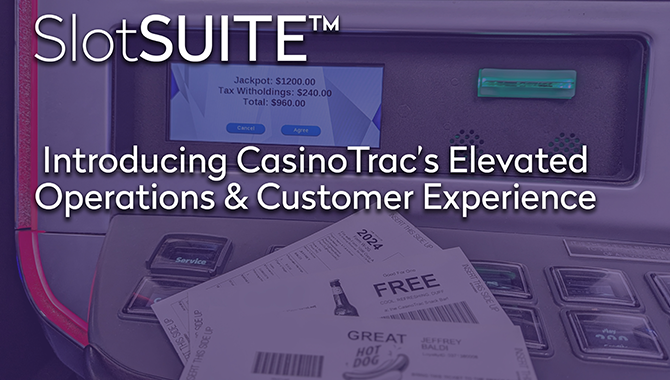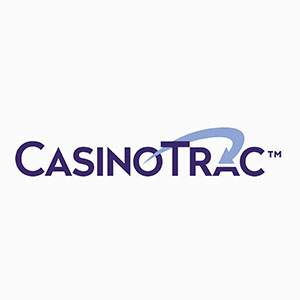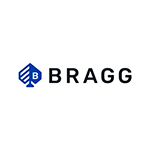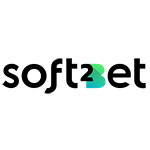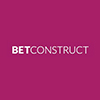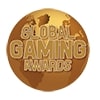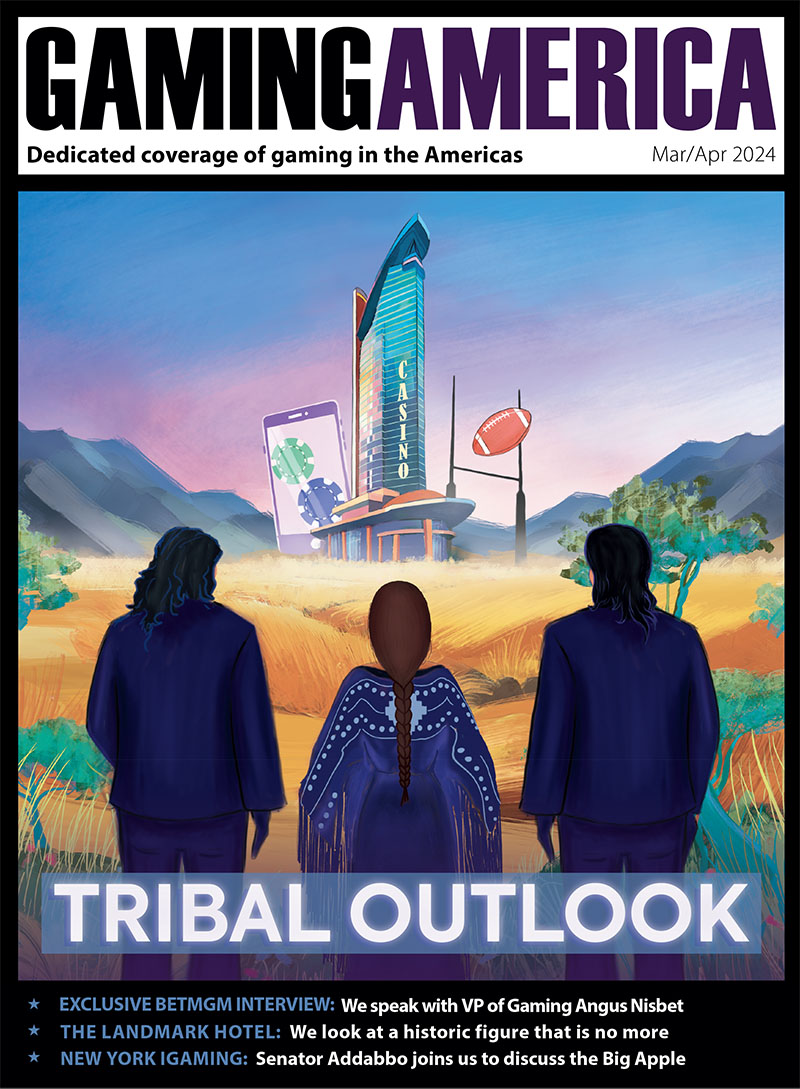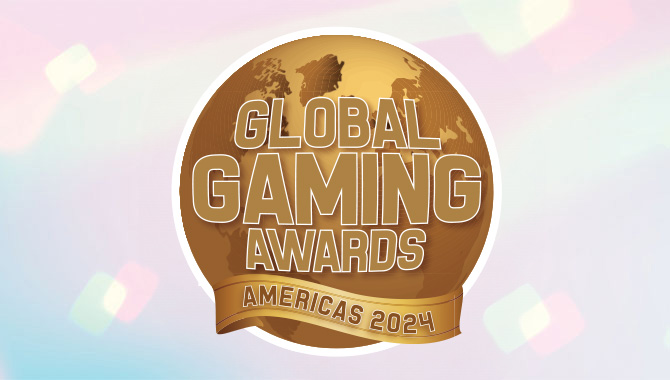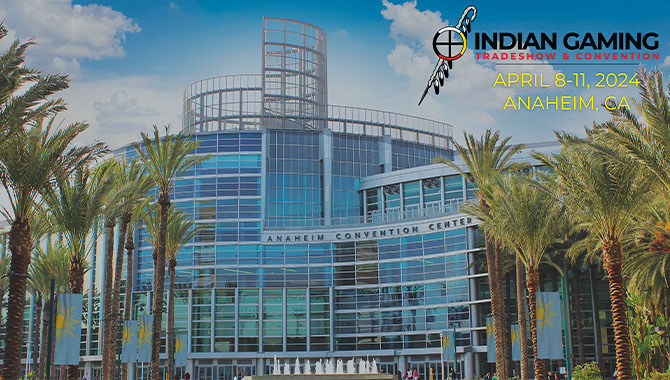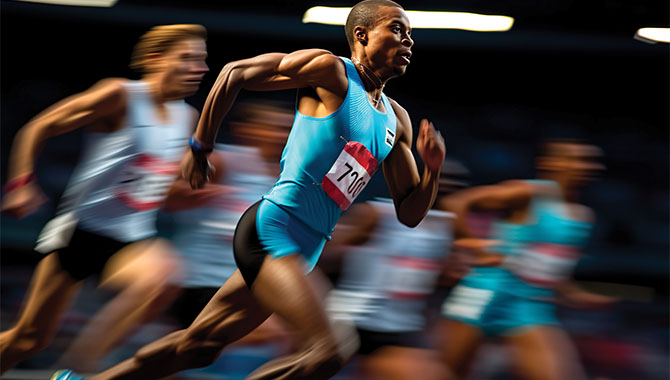
Peer-to-peer esports wagering is still a significant and growing component of the overall gaming market, thanks to companies and technologies that democratize these contests among ever-widening groups of gamers. When discussing esports wagering, most people immediately think about professional esports game titles, leagues and high-profile tournaments. Most commonly supporting this cohort of gamers and gamblers are the sportsbook platforms and operators who, as generalists or specialists, provide markets upon which individuals place bets.
Added to this category of esports wagering are the esports exchange platforms and operators which permit peer-to-peer wagering. One party on the exchange proposes a back bet on an event to occur. This party on the exchange is then matched with another party who believes the outcome will not occur and places a lay bet against the other party. However, professional esports is just the relatively high-profile nucleus of the overall peer-to-peer esports wagering opportunity.
Part of the power of professional esports that creates so much excitement within the larger gaming communities is its brands’ power and the high dollar value of tournaments. These elements are the infrastructure for fan engagement; casual viewers need to get their arms around this complex industry quickly. To get an understanding of these key growth drivers, let’s look at some Top 10 Lists.
Tournaments and colossal prize pools drive interest and excitement, and in 2020, the opportunities for teams and players were massive. Here are the top 10 total tournament prize pools by country:
- United States - $19,699,634.11
- Republic of Korea - $8,268,187.20
- China - $6,196,088.83
- Brazil - $3,766,636.58
- Russia - $3,618,972.63
- France - $3,586,718.45
- United Kingdom - $3,462,150.84
- Denmark - $3,230,339.57
- Germany - $3,042,584.23
- Canada - $2,927,177.48
From the opportunity these massive prize pools provide, here are the top-earning players in 2020. It should be noted that individual prize earnings do not correlate to player brand equity within the esports and gaming community, as many of these accomplished players are only well known within niche communities.
- Sven “DrNykterstein” Magnus Carlsen - $499,420.48 - Grand Master Chess
- James “Clayster” Eubanks - $373,325.00 - Call of Duty
- Ian “Crimsix” Porter - $368,200.00 - Call of Duty
- Indervir “iLLeY” Dhaliwal - $358,625.00 - Call of Duty
- Anthony “Shotzzy” Cuevas-Castro - $351,625.00 - Call of Duty
- Cuyler “Huke” Garland - $347,375.00 - Call of Duty
- Paulo “PVDDR” Damo da Rosa - $300,000.00 - Magic: The Gathering Arena
- Hikaru “Hikaru” Nakamura - $289,807.19 - Grand Master Chess
- McArthur “Cellium” Jovel - $256,550.00 - Call of Duty
- Christopher “Simp” Lehr - $250,708.33 - Call of Duty
Who are these professional esports companies and brands driving excitement and growth? Given the diversity of the industry, this question deserves its own fuller conversation. Still, from the perspective of consumer-facing brands, which drove a lot of fan attention, Forbes published a good article last year: A list of the 10 most valuable esports companies; based on interviews with esports organizations, analysts, advisors, investors and their 2020 revenue.
- TSM - Valued at $410m, fielded teams in League of Legends, Apex Legends, Fortnite, Icon Influencers, Magic the Gathering, PUBG, PUBG Mobile, Rainbow 6, Super Smash Bros, Team Fight Tactics and Valorant.
- Cloud9 - Valued at $350m, fielded teams in League of Legends, Overwatch League, CS:GO, Fortnite, Halo, Hearthstone, Rainbow 6, Super Smash Bros, Teamfight Tactics, Valorant and World of Warcraft.
- Team Liquid - Valued at $310m, fielded teams in League of Legends, CS:GO, Dota2, Fortnite, Hearthstone, PUBG, Rainbow 6, Super Smash Bros, StarCraft II, and Valorant.
- FaZe Clan - Valued at $305m, fielded teams in Call of Duty, CS:GO, FIFA, Fortnite, PUBG, Rainbow 6, Valorant.
- 100 Thieves - Valued at $190m, fielded teams in League of Legends, Call of Duty, Fortnite and Valorant.
- Gen.G - Valued at $180m, fielded teams in League of Legends, NBA 2K, Overwatch League, Fortnite, PUBG and Valorant.
- Enthusiast Gaming - Valued at $180m, fielded teams in Call of Duty, Overwatch League, Apex Legends, Fortnite, Madden and Valorant.
- G2 Esports - Valued at $175m, fielded teams in League of Legends, CS:GO, Fortnite, Hearthstone, Rainbow 6, Rocket League, Sim Racing and Valorant.
- NRG Esports - Valued at $155m, fielded teams in Call of Duty, Overwatch League, Apex Legends, Fortnite Rocket League and Valorant.
- T1 - Valued at $150m, fielded teams in League of Legends, Apex Legends, Dota 2, Fortnite, Hearthstone, Overwatch and PUBG.
Esports teams and organizations also give rise to true legends – great players who have built a direct relationship with the professional esports and gaming media audience because of their impact on esports. While this list is subjective, TheScore published a video describing its picks and justification; and it’s a strong argument. Here’s its list:
- Lee “Flash” Young-ho - Starcraft, Starcraft II
- Lee “Faker” Sang-hyeok - League of Legends
- Filip “NEO” Kubski - CS:GO
- Johan “N0tail” Sundstein - Dota 2
- Daigo “The Beast” Umehara - Fighting Games
- Justin Wong - Fighting Games
- Adam “Armada” Lindgren - Super Smash Bros
- Nicolai “dev1ce” Reedtz - CS:GO
- Jian “Uzi” Zi-Hao - League of Legends
- Oleksandr “s1mple” Kostyliev - CS:GO
The next category of peer-to-peer esports wagering opportunity exists within platforms that support the ranking of amateur players based on their skill level and historical performance within that platform, allowing those ranked players to bet against their competitors. Finally, we come to our last category, comprised of casual gamers who wager and compete against others on platforms where unranked players are connected and compete for their agreed-upon wager.
The growth of this entire category of esports wagering is driven by the explosion of esports and gaming media content. If you aren’t an esports or gaming media consumer, it is natural to misunderstand the scope and scale of this audience content. In 2021, Major League Baseball drew 105 million viewers, the NBA drew 231 million viewers, and the NFL reached 281 million viewers. Compare this to esports leagues in 2021, which captured the attention of over 474 million unique viewers. As in all things, it’s high-quality content that drives interest and interest that drives participation.
This esports content viewership continues to grow. Last year, we saw 23.9 million monthly esports content viewers. By the end of 2021, we expect to see this audience grow to 26.6 million monthly viewers, followed by 31.4 million monthly viewers in 2023.
Professional esports wagering is just a part of the total esports wagering market, including casual and amateur players. Asia-Pacific (APAC), North America and Europe represent esports top three markets, with APAC contributing over half of the world’s total esports viewers and revenue. Generalized gaming content is the catalyst for esports growth – a massive pool of casual and amateur gaming media content, watched by over 1.2 billion viewers in 2020.
Where is all this gaming content? The four most popular streamed gaming video content sources are Twitch, YouTube Gaming, Facebook Gaming and Discord. In Q2 2021, the total number of hours of gaming video content watched was staggering. Twitch viewers watched over 6.5 billion hours of content worldwide, with over 1.3 billion viewed on YouTube Gaming and 1.2 billion on Facebook Gaming.
Today, with the gaming industry exceeding the size of the movie and music industries combined, its demography also continues to expand. Once dominated by males, today, almost 50% of the gamer community in the US and Europe is female. In generational terms, 60% of GenX, 77% of Millennials, and 81% of GenZ play video games daily or weekly, over seven hours per week.
So, given all this, how does the growth of esports and gaming media correlate to growth projections for esports wagering? In 2020, the esports wagering market was approximately three billion, one billion coming from sportsbook esports wagers and two billion from peer-to-peer wagering. By 2025, this is expected to grow to 12 billion, esportsbooks contributing two billion to the 10 billion projected to come from peer-to-peer wagering.


